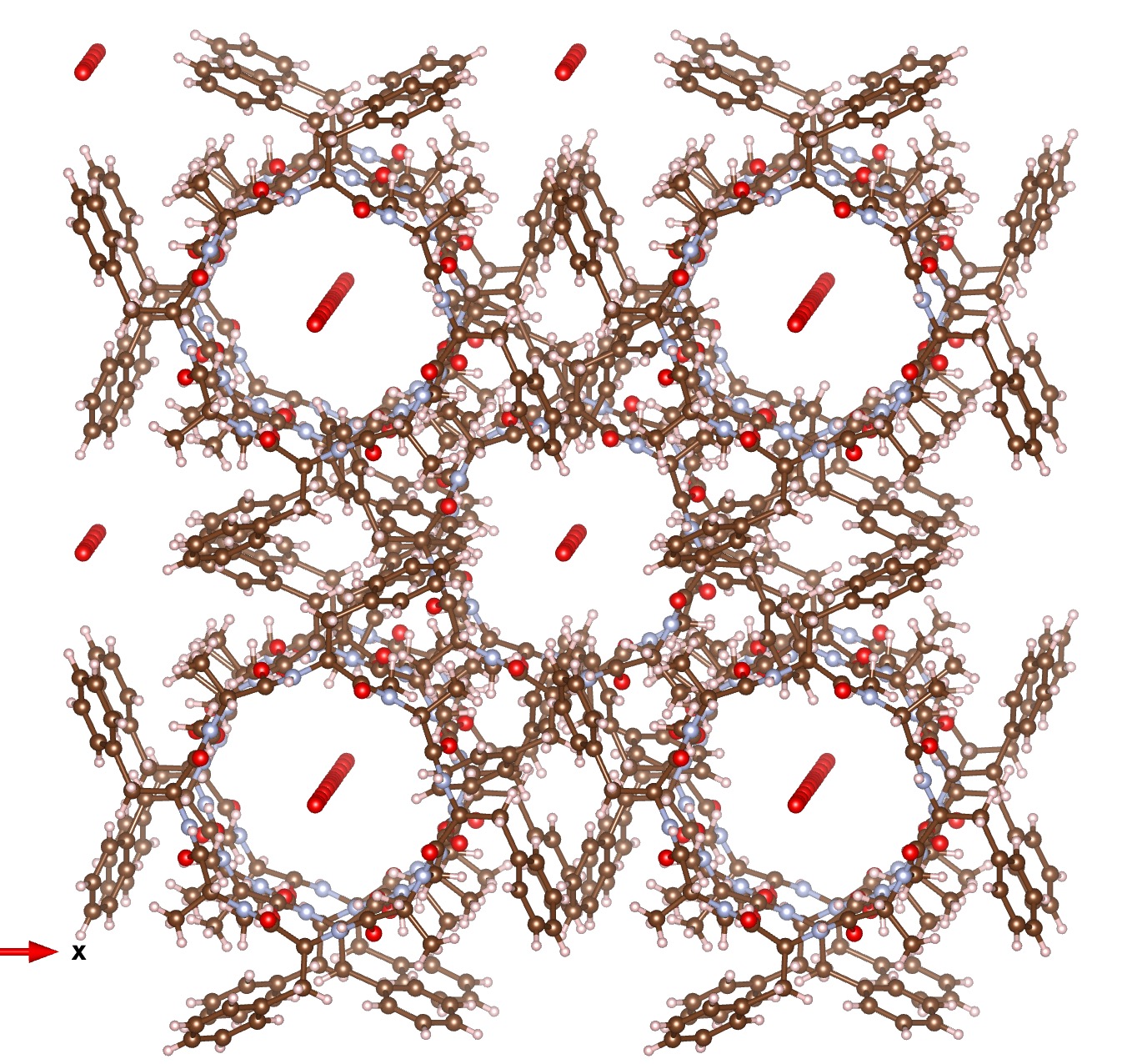
Zosurabalbin[1],[2], is receiving a great deal of attention as a new class of antibiotic which can target infections for which current treatment options are inadequate.

Zosurabalbin[1],[2], is receiving a great deal of attention as a new class of antibiotic which can target infections for which current treatment options are inadequate.
AbstractCarbapenem-resistant Acinetobacter baumannii (CRAB) has emerged as a major global pathogen with limited treatment options1. No new antibiotic chemical class with activity against A. baumannii has reached patients in over 50 years1. Here we report the identification and optimization of tethered macrocyclic peptide (MCP) antibiotics with potent antibacterial activity against CRAB. The mechanism of action of this molecule class involves blocking the transport of bacterial lipopolysaccharide from the inner membrane to its destination on the outer membrane, through inhibition of the LptB2FGC complex. A clinical candidate derived from the MCP class, zosurabalpin (RG6006), effectively treats highly drug-resistant contemporary isolates of CRAB both in vitro and in mouse models of infection, overcoming existing antibiotic resistance mechanisms. This chemical class represents a promising treatment paradigm for patients with invasive infections due to CRAB, for whom current treatment options are inadequate, and additionally identifies LptB2FGC as a tractable target for antimicrobial drug development.
Abstract Background Zosurabalpin (RG6006) is the first representative of a novel class of tethered macrocyclic peptide antibiotics active against Acinetobacter spp., including carbapenem-resistant Acinetobacter baumannii-calcoaceticus complex (ABC) organisms. In this study, the susceptibility testing of zosurabalpin was carried out against a panel of 150 randomly selected Acinetobacter spp. isolates (100 A. baumannii & 50 non-A. baumannii) representing 11 sites in China and a broad susceptibility profile (65% of which were multi-drug resistant [MDR]) collected in 2021. Methods MICs were performed using the Clinical Laboratory Standards Institute (CLSI) broth dilution method cation-adjusted Mueller Hinton broth (CA-MHB) supplemented with either 20% of human serum (HS) or 20% of horse serum (HoS). For a fraction of isolates (10-25%), MIC determination for zosurabalpin is affected by aberrant readings (trailing, multiple skipped wells) in CA-MHB. This effect complicates routine susceptibility testing. Supplementation of CAMHB with serum allows accurate MIC determinations without any major effects on the MIC distribution. Results Summary data from the study are shown in Table 1. Zosurabalpin was active against all Acinetobacter spp., with an MIC50/90 of 0.12/0.5 μg/mL and 0.25/1 μg/mL in CA-MHB supplemented with HoS and HS, respectively (MIC range of 0.015/0.03 to 8 μg/mL). Against ABC isolates (n=133), the MIC50/90 for zosurabalpin was 0.12/0.25 μg/mL and 0.25/0.5 μg/mL, in HoS and HS, respectively (MIC range of 0.015/0.03 to 1 μg/mL). A similar activity was observed against carbapenem-resistant ABC isolates. Conclusion In addition to the potent activity observed against isolates from USA and Europe, zosurabalpin exhibited potent in vitro antibacterial activity against Acinetobacter clinical isolates circulating in China. These data support the continued clinical development of zosurabalpin for infections caused by ABC isolates, including difficult to treat carbapenem-resistant isolates. Disclosures Stephen Hawser, PhD, Allecra: study funding|Innoviva Specialty Therapeutics, Inc.: Honoraria|Roche: Honoraria|Roche: This project has been funded by BARDA (HHSO100201600038C). Nimmi Kothari, PhD, Allecra: Allecra (study funding)|Innoviva Specialty Therapeutics, Inc.: Honoraria|Roche: Honoraria|Roche: This project has been funded by BARDA (HHSO100201600038C). Thomas Valmont, BS, Roche: Honoraria|Roche: This project has been funded by BARDA (HHSO100201600038C). Séverine Louvel, PhD, F. Hoffmann-La Roche Ltd: employee of the company Claudia Zampaloni, n/a, F. Hoffmann-La Roche Ltd.: Full time employee of Roche